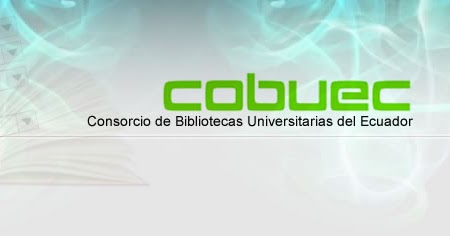Mostrar el registro sencillo del ítem
Técnicas Microbiológicas para el Apoyo en el Proceso de Fermentación
Importance of Microbiological Techniques in the Production of Alcohol
| dc.creator | Zuluaga Castaño, Jhoana Paulina | |
| dc.date | 2012-06-02 | |
| dc.identifier | https://hemeroteca.unad.edu.co/index.php/publicaciones-e-investigacion/article/view/1114 | |
| dc.identifier | 10.22490/25394088.1114 | |
| dc.description | Within the process of continuous improvement across all industries and to be at the forefront and more being familiar with all import and export opportunities that exist today, microbiology in the alcohol industry generates great potential for control losses raw material, optimization of time, understanding of the whole cycle for the production of alcohol in last and taking into account the variables we have a better final product quality. That’s why in this article we will focus on techniques to help get more out of the yeast in the fermentation process, allowing engineers to managers, better understand the behavior of its raw material, which will give the ease of finding appropriate treatment and management to improve the viability of all its acyclic and prevent or reduce pollution, who is ultimately reduces the efficiency of the raw material for the case of yeast. | en-US |
| dc.description | Dentro del proceso de mejora continua de todas las industrias, con el fin de estar a la vanguardia y, más aún, siendo conocedores de todas las oportunidades de exportación e importación que hay hoy en día, la microbiología en la industria alcoholera genera grandes posibilidades de controlar pérdidas en su materia prima, optimizar el tiempo, comprender todo el ciclo durante la producción del alcohol y, en últimas y, teniendo en cuenta las variables, alcanzar una mayor calidad del producto final. Por lo anterior, este artículo se centra en las técnicas de ayuda para obtener mayor rendimiento de la levadura en el proceso de fermentación, lo cual permitirá a los ingenieros encargados, conocer más a fondo el comportamiento de su materia prima; esto les facilitará encontrar el tratamiento y manejo adecuado, con el fin de mejorar la viabilidad de todo su clico y evitar o disminuir la contaminación, la cual es, finalmente, la que reduce la eficiencia de la materia prima, para el caso de la levadura. | es-ES |
| dc.format | application/pdf | |
| dc.language | spa | |
| dc.publisher | Universidad Nacional Abierta y a Distancia, UNAD | es-ES |
| dc.relation | https://hemeroteca.unad.edu.co/index.php/publicaciones-e-investigacion/article/view/1114/1278 | |
| dc.rights | Derechos de autor 2015 Publicaciones e Investigación | es-ES |
| dc.rights | http://creativecommons.org/licenses/by-sa/4.0 | es-ES |
| dc.source | Magazine specialized in Engineering; Vol. 6 (2012); 61-66 | en-US |
| dc.source | Publicaciones e Investigación; Vol. 6 (2012); 61-66 | es-ES |
| dc.source | 2539-4088 | |
| dc.source | 1900-6608 | |
| dc.subject | alcohol | en-US |
| dc.subject | materials | en-US |
| dc.subject | microbiology | en-US |
| dc.subject | raw pollution | en-US |
| dc.subject | yeast | en-US |
| dc.subject | alcohol | es-ES |
| dc.subject | contaminación | es-ES |
| dc.subject | levadura | es-ES |
| dc.subject | materia prima | es-ES |
| dc.subject | microbiología | es-ES |
| dc.title | Importance of Microbiological Techniques in the Production of Alcohol | en-US |
| dc.title | Técnicas Microbiológicas para el Apoyo en el Proceso de Fermentación | es-ES |
| dc.type | info:eu-repo/semantics/article | |
| dc.type | info:eu-repo/semantics/publishedVersion |
Ficheros en el ítem
| Ficheros | Tamaño | Formato | Ver |
|---|---|---|---|
|
No hay ficheros asociados a este ítem. |
|||














